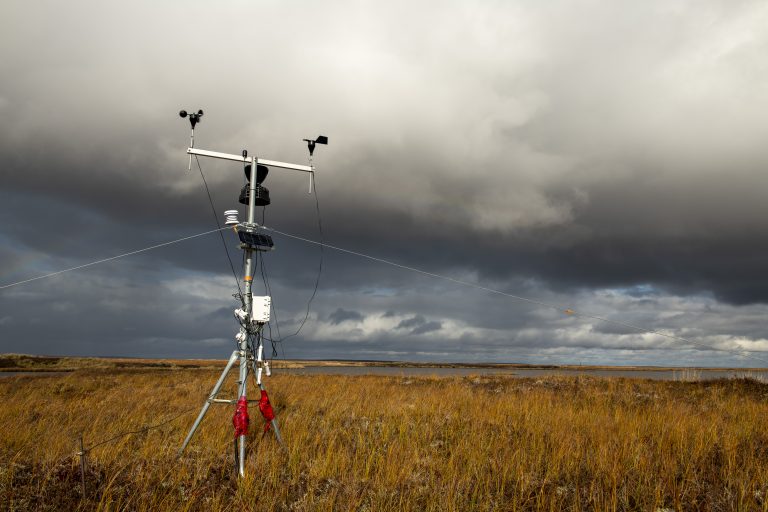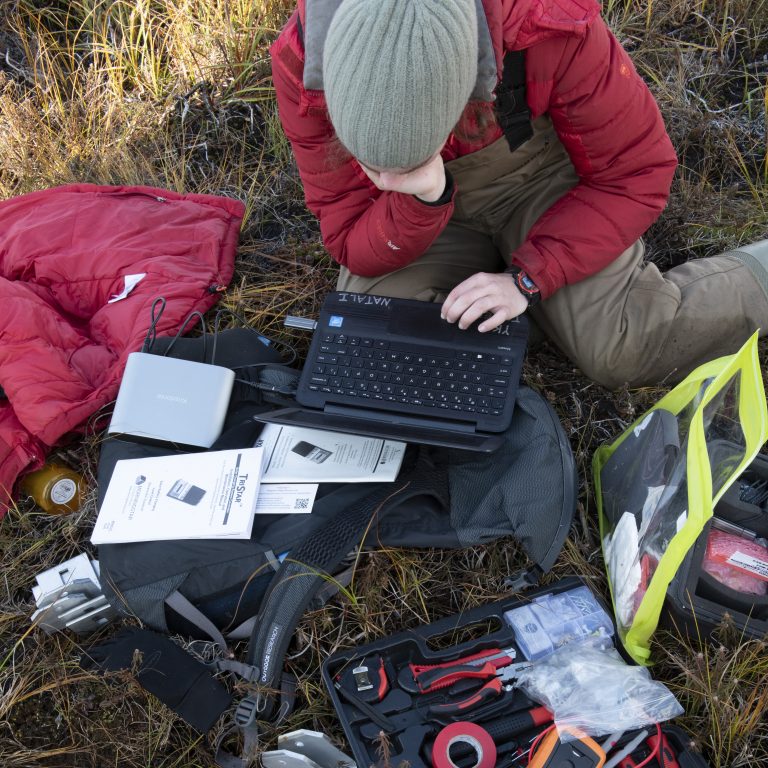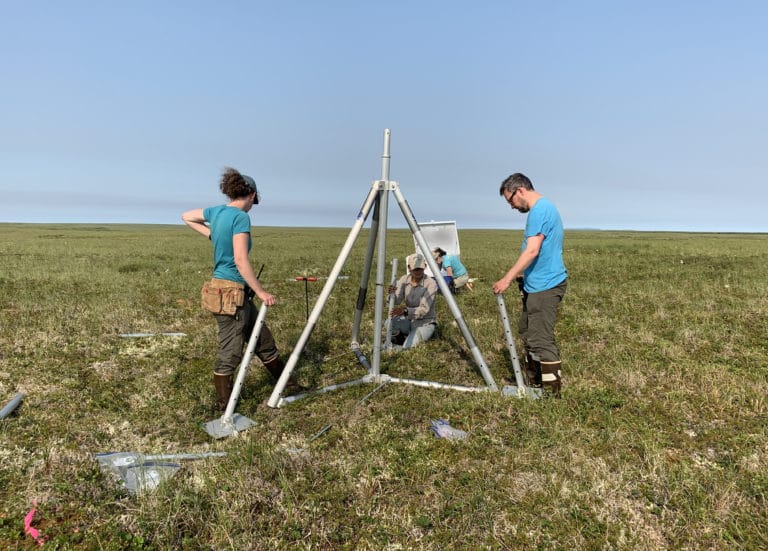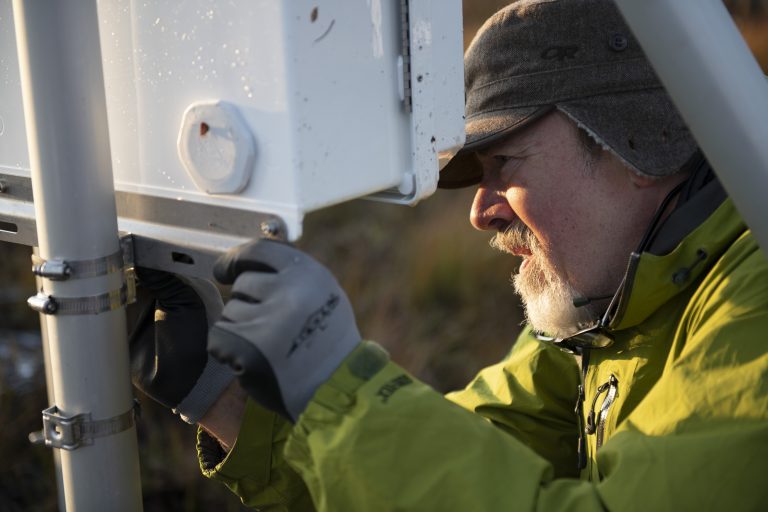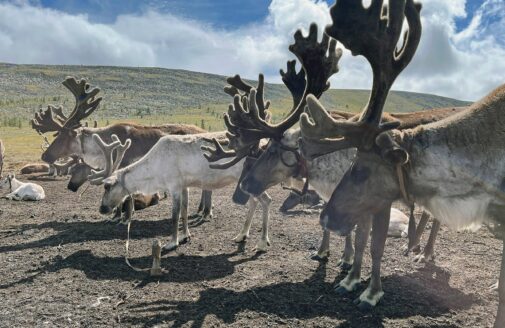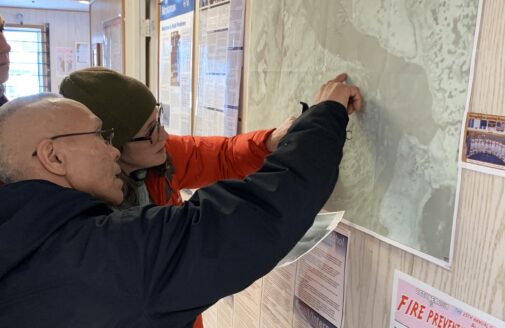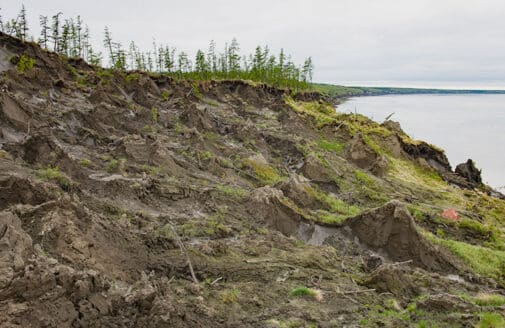Leading Arctic carbon research to strengthen global climate policy
Upcoming international climate negotiations will be among the deciding factors in whether the world slows climate change or watches it continue to worsen. Woodwell Climate Research Center scientists are embarking on a multifaceted campaign to gain new understanding on how quickly permafrost regions are changing and what that means for global warming.
“The science on permafrost carbon was not incorporated into the climate formulas which underpinned the Paris Agreement, which means the limits on all other carbon sources established in that Agreement are gravely inadequate. As we look ahead to the next generation of global climate progress, there’s an urgent need to collect the best data on Arctic carbon emissions and turn that into sound policy,” said Dr. Sue Natali, Woodwell Climate associate scientist and Arctic Program Director.
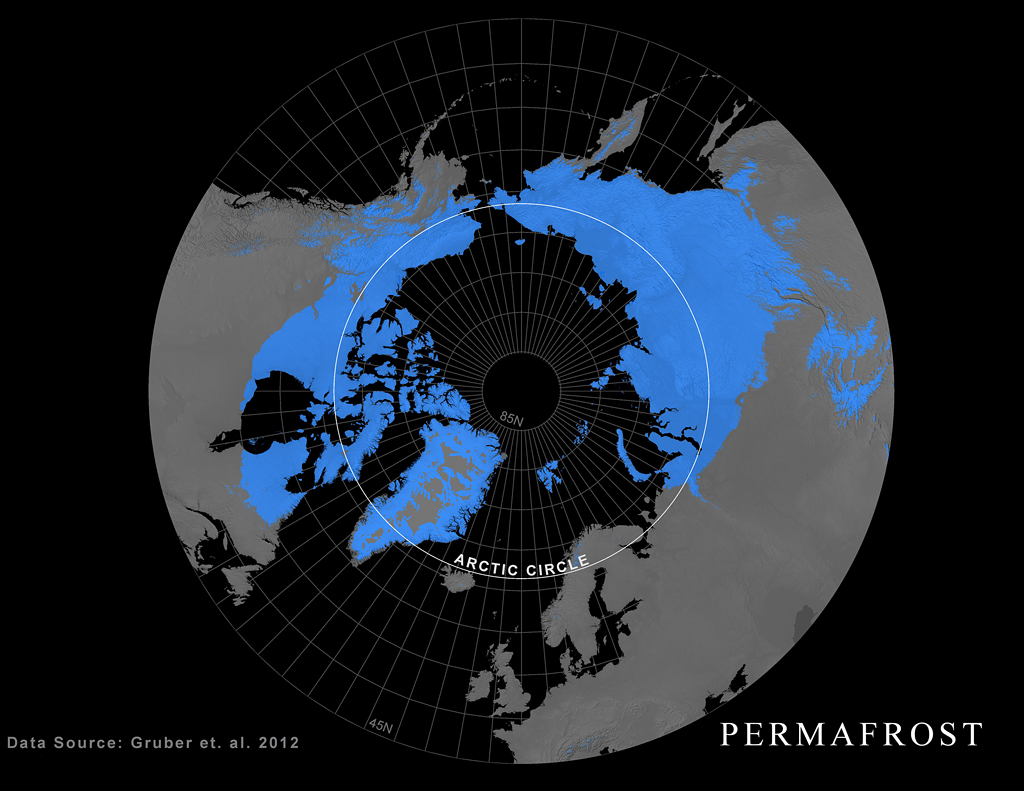
The Arctic Initiative at Harvard Kennedy School’s Belfer Center includes:
- Convening policymakers and scientists, at venues such as the Arctic Research Forum and Harvard University, to understand ongoing efforts, gaps and opportunities regarding permafrost thaw on the global climate.
- Communicating findings to policy-makers and opinion leaders in key nations and the Arctic Council.
- A link to Harvard teaching and fellowship programs to help train a new generation of Arctic policy leaders.
A key goal of the project is to ensure Arctic permafrost and wildfire carbon emissions are taken into account in the 2023 “global stock take” called for in the 2015 Paris Agreement.
“This a place where permafrost is on the brink of thawing, and will be thawed by the end of the century, if not much sooner,” Dr. Natali said. “This work is critical to understand how global carbon pollution, permafrost thaw, and wildfires interact in the carbon cycle—and how we can work to slow those processes.”
Above: Polaris Project scientists at work in Alaska’s Yukon River Delta
The first steps in expanding Woodwell Climate’s Arctic monitoring involved installing two new flux towers, funded in part by the Moore Foundation’s grant. The first was installed during the summer 2019 Polaris Project expedition to Alaska and the second was installed during a follow-up trip by Woodwell Climate scientists several months later. They measure carbon uptake by plants and emissions from plants and soils, including from thawing permafrost, sending real-time data via satellite back to Woodwell Climate’s Falmouth campus.
“More extensive on-the-ground measurements and better modeling are critical for understanding exactly how much carbon dioxide and methane will be released from thawing permafrost, in order to account for those emissions in global planning and targets,” said Dr. John Holdren, Woodwell Climate Senior Adviser to the President and Professor at the Harvard Kennedy School, Department of Earth and Planetary Science, and School of Engineering and Applied Science. As President Obama’s Chief Science and Technology Advisor, Dr. Holdren played a key role in developing the administration’s climate policy.
The Arctic Carbon initiative is supported by $2.4 million grant from the Gordon and Betty Moore Foundation. Woodwell Climate will continue to seek sponsoring partners for the campaign to help deliver the funding necessary to support this critical climate research.
This work is critical to understand how global carbon pollution, permafrost thaw, and wildfires interact in the carbon cycle—and how we can work to slow those processes.Dr. Sue Natali, Woodwell Climate Arctic Program Director




